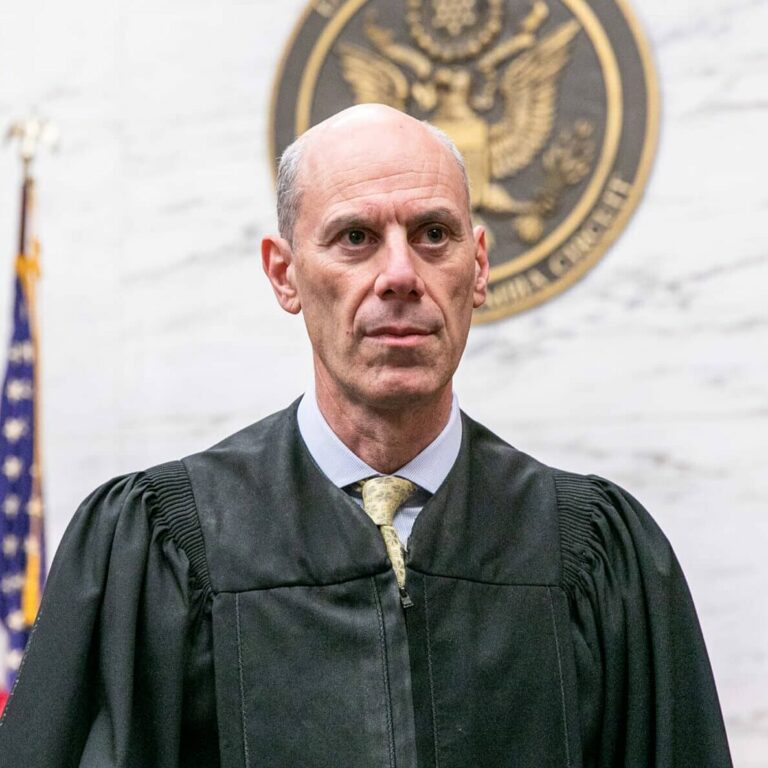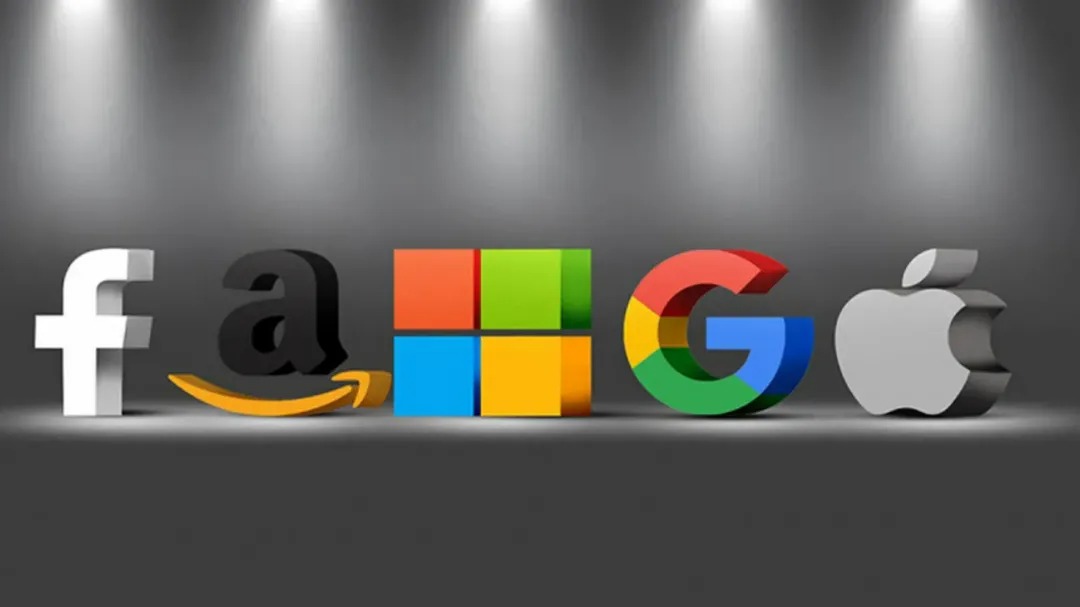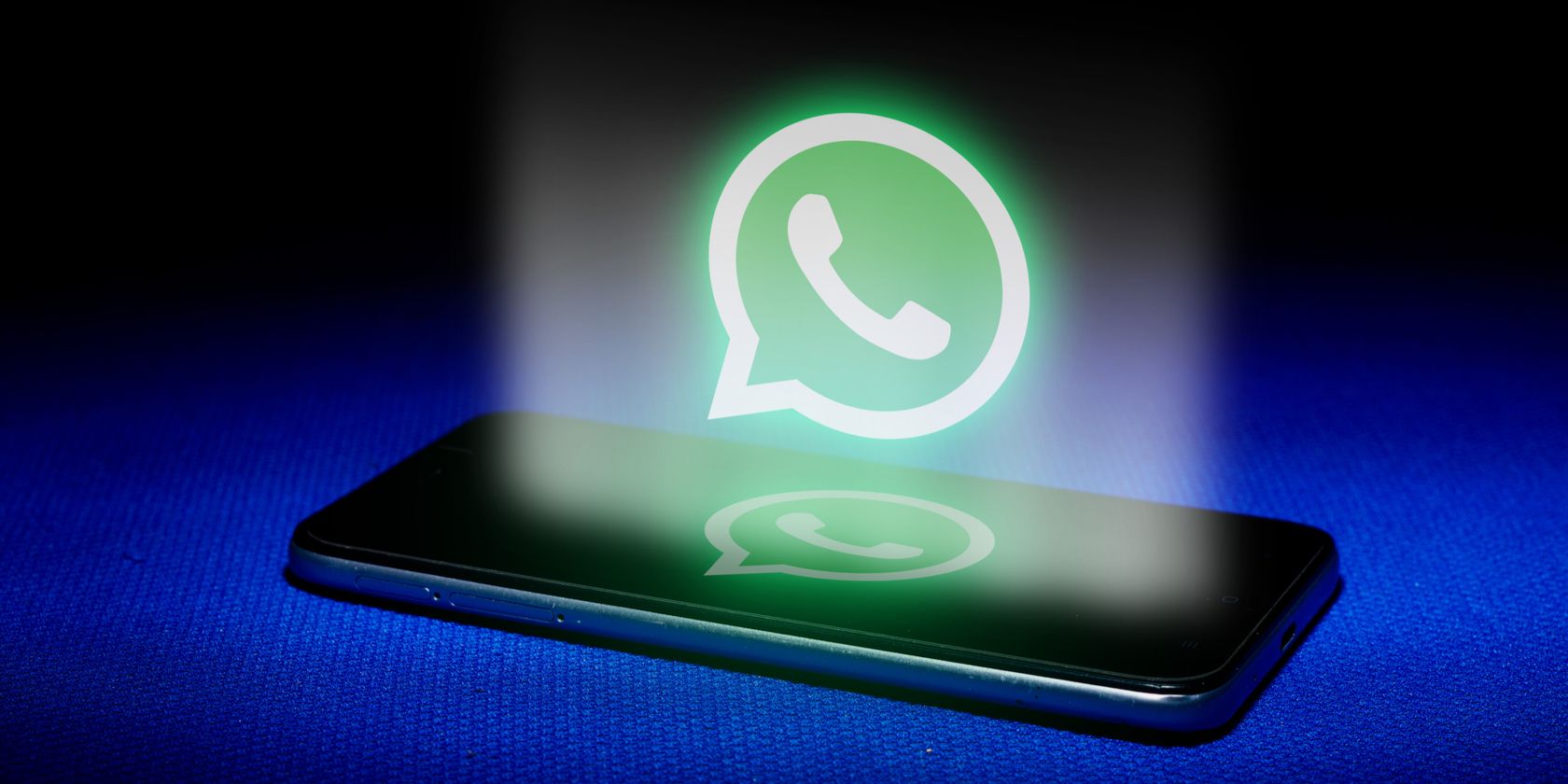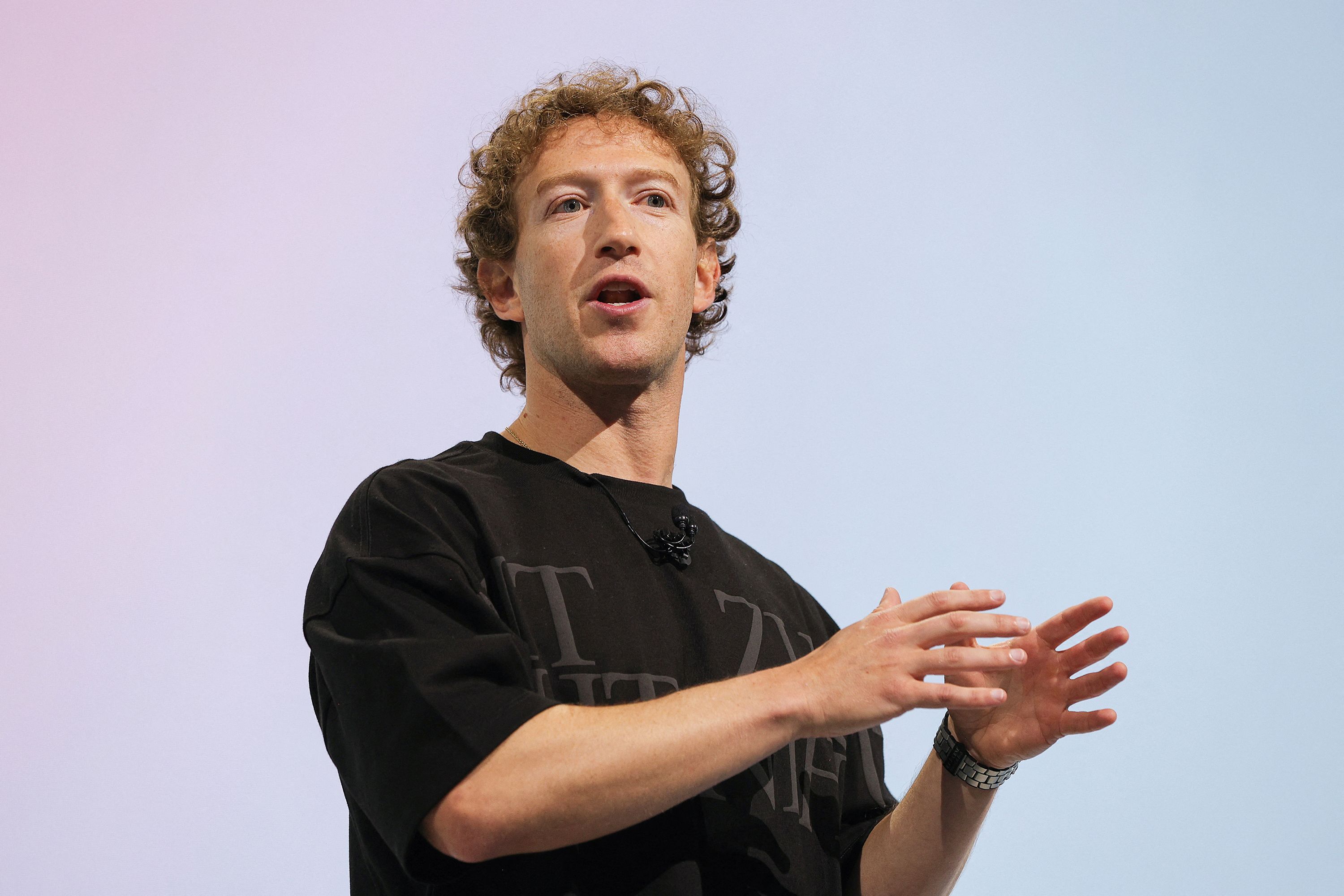WASHINGTON – The latest chapter in the ongoing battle between tech giants and government regulators is unfolding, with Meta Platforms, formerly known as Facebook, set to face a trial over its controversial acquisitions of WhatsApp and Instagram. A U.S. judge has ruled that Meta must go to trial in a Federal Trade Commission (FTC) lawsuit aimed at breaking up the company, accusing it of acquiring Instagram and WhatsApp not for innovation, but to crush emerging competition in the social media landscape. This case, filed in 2020, represents a significant moment in the battle for antitrust action against Big Tech companies and their monopolistic tendencies.
Here's ads banner inside a post

Meta’s Alleged Anti-Competitive Moves
The lawsuit, filed by the FTC under the Trump administration, claims that Meta, which owns Facebook, made strategic moves to eliminate nascent threats in the social media and messaging app market rather than competing fairly. The core allegation is that Meta deliberately overpaid for the acquisitions of Instagram in 2012 and WhatsApp in 2014, not for their innovative value, but as a means of neutralizing potential competition that could have threatened its dominance in the mobile ecosystem.

Here's ads banner inside a post
Judge James Boasberg, who presided over the case, largely rejected Meta’s motion to dismiss the charges, allowing the FTC’s core accusation to stand. According to the FTC, Meta’s approach to these acquisitions was not in line with the usual strategic motivations seen in corporate mergers but instead aimed at maintaining an iron grip on the social media and messaging markets.

This case is not an isolated one. It comes at a time when the U.S. government is scrutinizing tech companies more closely than ever, with regulators pushing back against the growing influence of tech giants like Meta, Amazon, Google, and Apple. Meta’s defense in the case is built around the assertion that it did not act unlawfully in its acquisitions, which were simply part of the company’s strategy to stay ahead of competitors in an evolving tech environment.
Here's ads banner inside a post
The Impact on the Social Media Market
Meta’s acquisition of Instagram and WhatsApp was heralded as a strategic move at the time, but with the benefit of hindsight, it raises serious questions about the future of competition in the tech industry. Instagram, which started as a photo-sharing app, quickly became a powerful force in the social media space after being bought by Facebook. WhatsApp, a messaging platform with over 2 billion users, has similarly expanded its influence under Meta’s ownership.

Critics argue that these acquisitions created a monopoly within social media by effectively stifling the development of competitors in the space. By absorbing potential competitors instead of facing them head-to-head, Meta has arguably been able to cement its market dominance, which could ultimately harm users and stifle innovation in the long run.
However, Meta’s defense centers on the idea that it paid for the companies to enhance its own offerings, rather than destroy competition. The company also points to the rapidly changing landscape of social media, where platforms like TikTok, YouTube, X (formerly Twitter), and even Microsoft’s LinkedIn are emerging as serious competitors, thus broadening the scope of the social media market beyond Facebook’s reach.
Meta’s lawyers have called for the dismissal of the case, arguing that the FTC’s view of the social media market is overly narrow and fails to take into account the competition from other major players like TikTok and YouTube. The company contends that the market is far more competitive than the FTC suggests, pointing to these rising platforms as evidence that Meta is not the only dominant player in the space.
Judge’s Ruling: Key Points and Implications
Judge Boasberg’s decision to deny Meta’s motion to dismiss the case is a major victory for the FTC. It suggests that the court is willing to entertain the idea that Meta’s acquisitions of Instagram and WhatsApp were, in fact, anti-competitive, even if they were not seen as such at the time.

The judge allowed the FTC’s central claim to remain intact: that Meta’s acquisitions were designed to eliminate competition. However, Boasberg also dismissed one of the FTC’s other allegations, which claimed that Meta had restricted third-party app developers’ access to its platform unless they agreed not to compete with Facebook’s core services. This aspect of the case was rejected, with the judge ruling that it did not warrant further legal scrutiny.
In a further blow to Meta, the judge ruled that Meta could not use the argument that the WhatsApp acquisition benefited the company’s position in relation to other tech giants, such as Apple and Google. This means that Meta cannot claim that acquiring WhatsApp was a strategic move to better compete with those companies, which could have provided a solid defense to the antitrust claims.

Although the trial date has not yet been set, this case represents a critical moment in the ongoing discussion about monopolistic practices in Big Tech. If the FTC prevails, it could set a precedent for future cases against other tech companies that are accused of monopolistic behavior, changing the way Silicon Valley operates in the years to come.
Big Tech and the Growing Focus on Antitrust
Meta is not the only company under the antitrust microscope. This case is part of a larger wave of lawsuits targeting Big Tech, with the U.S. Department of Justice and the FTC ramping up their efforts to curb the growing influence of tech giants. Amazon and Apple are also facing antitrust lawsuits, and Google is currently entangled in two major legal battles, including one in which a judge recently ruled that Google unlawfully stifled competition among online search engines.

These cases are part of a broader trend where lawmakers and regulators are becoming more active in challenging the unchecked growth of technology companies. The increasing focus on antitrust reflects growing concerns over the concentration of power within the tech industry and its potential to harm consumers, small businesses, and even innovation itself.
For Meta, the lawsuit represents a significant challenge that could force the company to rethink its business strategies and acquisitions. If the court rules against Meta, the company could be forced to unwind its acquisitions of Instagram and WhatsApp, potentially leading to massive changes within the social media industry. However, given the scale and influence of Meta, it is unlikely that this case will be resolved quickly, and appeals could delay any final decision for years to come.
What’s at Stake?
The outcome of this trial could have far-reaching implications for the entire tech industry. If Meta is found to have violated antitrust laws in its acquisitions of Instagram and WhatsApp, it could signal the beginning of a new era of increased scrutiny and regulation for other tech companies. With the tech sector playing such a pivotal role in global economies and daily life, how these companies are regulated moving forward will shape the future of technology, competition, and consumer rights.

For Meta, the stakes are incredibly high. The company’s business model relies on its dominance in the social media and messaging app markets, and any disruption to that structure could result in significant financial and operational upheaval. The case will also have significant implications for Mark Zuckerberg’s vision of the metaverse and Meta’s broader ambitions beyond traditional social media platforms.
As the trial looms, the question remains: will Meta be able to defend its acquisitions of Instagram and WhatsApp, or will the FTC succeed in breaking up the company and reshaping the landscape of social media for good?
The future of Meta, and perhaps the entire tech industry, hangs in the balance as this high-stakes antitrust case moves forward.
Key Takeaways:
- Meta Platforms is set to face trial over its acquisitions of Instagram and WhatsApp, with the FTC accusing the company of using these deals to stifle competition.
- The case is part of a larger effort by U.S. regulators to combat monopolistic practices in the tech industry.
- Judge James Boasberg’s ruling keeps the FTC’s claims alive, but some allegations were dismissed.
- The outcome of the case could set a significant precedent for future antitrust cases in the tech sector.
- This lawsuit highlights the growing concerns over the power of Big Tech companies and their influence over global markets.
With the stakes so high, the coming months could determine how aggressively the U.S. government pursues tech companies in its antitrust crusade, and how that shapes the future of digital competition and innovation.




